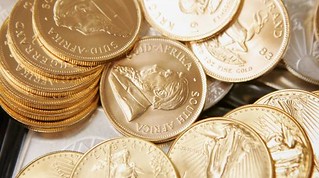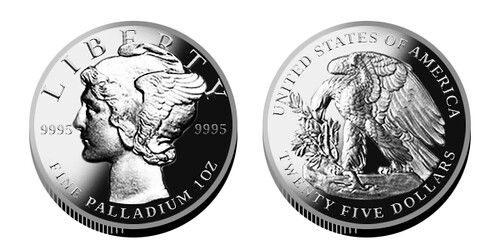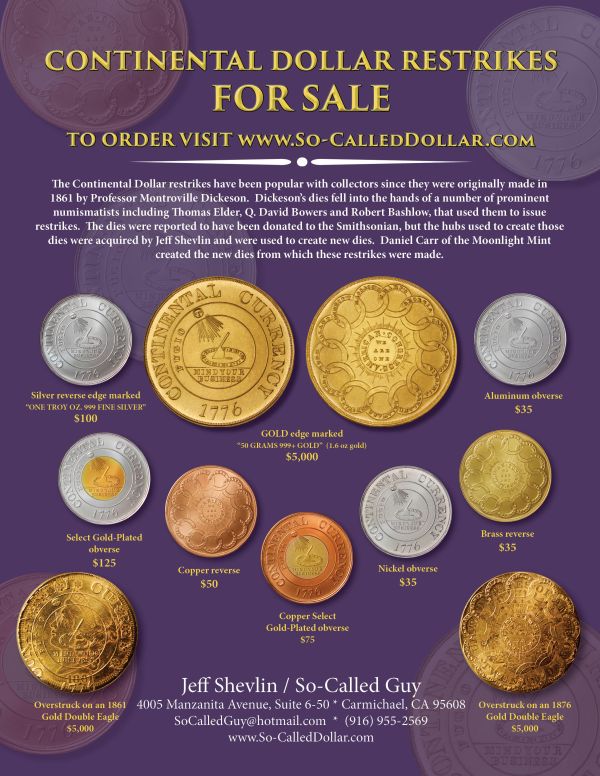
PREV ARTICLE
NEXT ARTICLE
FULL ISSUE
PREV FULL ISSUE
MINNESOTA BULLION LAWE-Sylum Feature Writer and American Numismatic Biographies author Pete Smith submitted this article on Minnesota Bullion Law and its enforecement (or lack thereof). Thank you! Interesting topic. -Editor
Minnesota Bullion Law is not Being Enforced
In 2011, the Minneapolis Star Tribune began a series of articles about Minnesota coin dealers. In
consumer fraud reporter Dan Browning's May 8 article, he stated, A March 28, 2012, article reported that out of 125 coin salesmen checked, six dozen had convictions for crimes including fraud, forgery, theft and bank robbery. That comes out to about half of coin salesmen with criminal records. The articles focused on employees of telemarketing firms who took advantage of wealthy and elderly clients. They made little distinction between telemarketers and dealers at coin shops and trade shows. Minnesota Attorney General Lori Swanson had previously prosecuted coin dealers for fraud. She advocated for stricter regulation of dealers to protect customers from the abuses of the past.
In 2013, the state legislature passed chapter 80G regulating bullion coin dealers. It established
definitions for dealers and their representatives. It said that Thus, it applied to war nickels and 1792 silver-center-cents but did not apply to silver rounds, bars or ingots. The Act took effect on July 1, 2014, requiring registration of dealers and representatives. Dealers were required to post a surety bond and run a background check on owners and representatives. Anyone with a conviction for a financial crime in the previous ten years was barred from registration. A small fee was charged for the license and an additional small fee to pay through the computer. Licenses would require renewal each year. The Act required a written notice with each transaction describing the quantity and metal content of all coins plus other information. It required delivery within thirty days of the transaction or payment within thirty days of a purchase. In addition to the written notice mentioned earlier, an invoice was required with the same information as that written notice. This duplication was eliminated in 2016. The Act goes on to fill ten pages. For a while, I was a licensed dealer representative. We made some changes to comply with the law like adding our license number to our invoice form. Most of the time we ignored the law. If we sold an MS-64 Morgan Dollar in a slab, we did not provide our customer with the weight of the coin and describe the silver content.
My favorite provision of the Act prohibits a dealer to: In my time as a coin dealer representative, I never had a customer inquire about the efficacy of a coin. In all my time as a numismatist, I never heard that term used to describe a numismatic object. The Act was clearly intended to regulate telemarketing of bullion products. It also applied to transactions in brick-and-mortar shops and transactions at trade shows. Clauses in the Act had no relationship to business practices for face-to-face transactions. Dealers quickly took action to get the Act repealed or modified. The law was changed in 2016 and expanded to cover bullion products like silver rounds, bars and ingots. The definition reduced the precious metal content from one percent to any precious metal content. Thus, a state quarter with gold plating became, by law, a bullion product.
The revision charged references from Between January 2015 and January 2022, the Department of Commerce took enforcement actions against 83 dealers including 49 from out-of-state and Canada. As a result, many out-of-state dealers decided the benefit of doing business is Minnesota was not worth the hassle. This isolated Minnesota customers from the national market and prices that may have been cheaper than local prices. Violations were charged against 39 Minnesota dealers and of these, seventeen were for failure to register. Eight dealers had their licenses revoked and were banned from doing business in the state. One moved his operation across the St. Croix River to Hudson, Wisconsin. He was charged with fraud in a U.S. District Court in Madison, Wisconsin, was convicted, and sentenced to 4 and a half years in prison. Another learned of impending charges in Minnesota and moved to Florida. He set up a new company there but in 2015 he was sentenced to 150 months in prison. Still another moved to Arizona. He was sentenced to 71 months in prison. A group of dealers filed suit against the state in 2021 based on a number of issues with the law. The U. S. 8 th Circuit Court of Appeals determined on August 31, 2022, that the law was unconstitutional and that Minnesota Statute Chapter 80G violated the dormant Commerce clause. The specific issue related to sale to Minnesota residents that were transacted outside the State of Minnesota. The Department of Commerce has taken no additional enforcement action since January 2022. They did not renew licenses for July 1, 2023. There are currently no registered dealers or representatives licensed in the state. This is not apparent reading the Department of Commerce website. It has not been revised since 2022 and still describes the renewal process. There is a hearing scheduled for November 27 in District Court. There remains the question if the law can be saved by removing the parts that make it unconstitutional. I don't believe this has been broadly published in the numismatic media. You can say you read about it first in The E-Sylum.
Wayne Homren, Editor The Numismatic Bibliomania Society is a non-profit organization promoting numismatic literature. See our web site at coinbooks.org. To submit items for publication in The E-Sylum, write to the Editor at this address: whomren@gmail.com To subscribe go to: https://my.binhost.com/lists/listinfo/esylum All Rights Reserved. NBS Home Page Contact the NBS webmaster 
|


